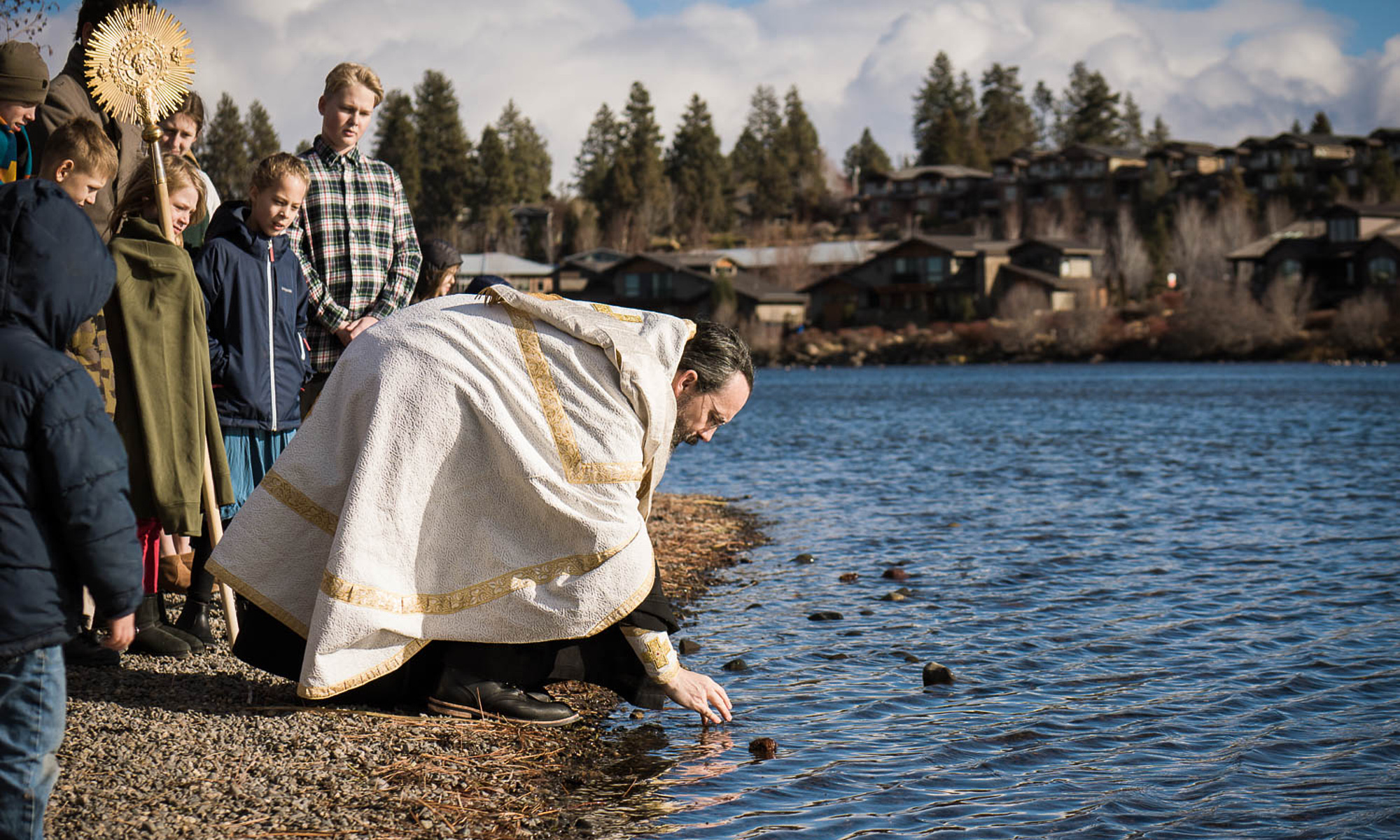St. Basil the Great went so far as to apologize for using his own words to speak of the spiritual life, that is, instead of using only those words found in the Scriptures themselves. This is a love for the Scriptures that many of us would not so readily associate with a Church father from the 4th century. Yet, his love for Christ and his dogged adherence to the faith of the Apostles were key ingredients into the making of one of the most important defenders of Christianity at a time when the Church was very much under attack by those who would twist those beloved Scriptures to mean something quite different.
His own family background speaks volumes. His maternal grandfather was a martyr. His paternal grandmother is a canonized saint, St. Macrina, who seems to have been quite influential in the spiritual formation of her grandchildren. Not much information is available for St. Macrina’s husband, St. Basil’s grandfather, but there is reference to him as an “unbending victim of the last persecutions”. His parents, themselves from these two saintly families, produced three bishops, a nun, and a monk, among them, three canonized saints. His sister, also named St. Macrina (the Younger) seems to be largely responsible for setting St. Basil back on track.
St. Basil had studied in Athens, the pre-eminent center of learning in the world, but even then, seems to have had more of a love for work in the Church. When returning to Asia Minor, he ended up accepting a chair of rhetoric, a position his father had also held, and toward which his learning in Athens lent itself. It was at this point that the intervention of his sister, St. Macrina, drastically changed St. Basil’s path: he renounced his chair and spent two years learning the life of the desert fathers of Egypt, Palestine, Coele Syria, and Mesopotamia.
After experiencing the life of the desert fathers, he returned to the Pontus region of Cappadocia, on the southern shores of the Black Sea, to start living the ascetic/monastic life himself, quite near to where his mother and sister had done the same. The ascetics of this time were often alone, but even when in communities, monasticism was still a loosely organized venture. St. Basil is considered the father of the cenobium, an organized community of monastics under a common rule.
St. Basil most famously went on to be the eloquent mouthpiece of orthodoxy in a time when there was need to maintain the “one essence, three persons” of the Holy Trinity among a world which wanted to subordinate the Son and the Holy Spirit to a kind of lesser portion of God.
How could St. Basil clearly see these mysteries of God? Clearly, his training in Athens and under a rhetorician father enabled him to express his point eloquently, but where did he gain the understanding? The spiritual life of St. Basil is necessarily founded upon all of these experiences: his struggles against heresy as a bishop, his years living the ascetic life in the Pontus, his travels among those already experienced in the ascetic life, the time in Athens among the highest thinking of the world, his love the Holy Scriptures, and most certainly the cradle of saintliness in his family.
I am starting to read through his letters, looking for glimpses into the spiritual life through the experience of our holy father Basil the Great. My journey through his letters may be somewhat similar to his own travels through the desert: seeking for guidance from a trusted source. I do not know exactly what I am looking for, but there must be countless jewels to be found.
